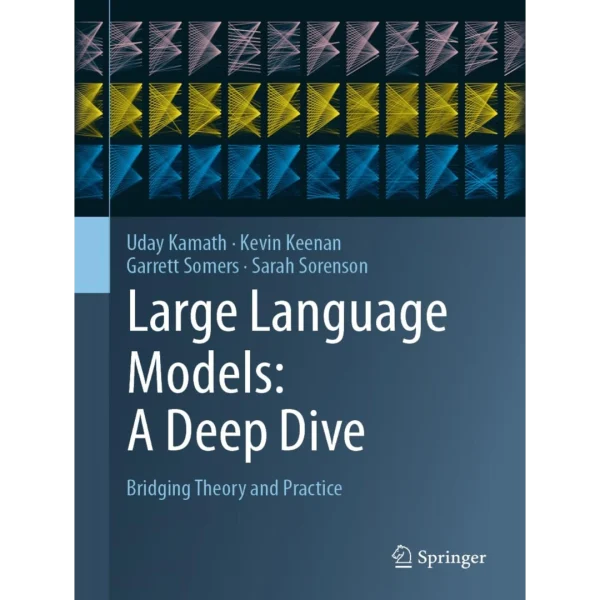
Large Language Models: A Deep Dive: Bridging Theory and Practice
Original price was: $84.99.$15.99Current price is: $15.99.
PDF 30,70 MB • Pages: 496
Large Language Models (LLMs) have emerged as a cornerstone technology, transforming how we interact with information and redefining the boundaries of artificial intelligence. LLMs offer an unprecedented ability to understand, generate, and interact with human language in an intuitive and insightful manner, leading to transformative applications across domains like content creation, chatbots, search engines, and research tools. While fascinating, the complex workings of LLMs―their intricate architecture, underlying algorithms, and ethical considerations―require thorough exploration, creating a need for a comprehensive book on this subject.
This book provides an authoritative exploration of the design, training, evolution, and application of LLMs. It begins with an overview of pre-trained language models and Transformer architectures, laying the groundwork for understanding prompt-based learning techniques. Next, it dives into methods for fine-tuning LLMs, integrating reinforcement learning for value alignment, and the convergence of LLMs with computer vision, robotics, and speech processing. The book strongly emphasizes practical applications, detailing real-world use cases such as conversational chatbots, retrieval-augmented generation (RAG), and code generation. These examples are carefully chosen to illustrate the diverse and impactful ways LLMs are being applied in various industries and scenarios.
Readers will gain insights into operationalizing and deploying LLMs, from implementing modern tools and libraries to addressing challenges like bias and ethical implications. The book also introduces the cutting-edge realm of multimodal LLMs that can process audio, images, video, and robotic inputs. With hands-on tutorials for applying LLMs to natural language tasks, this thorough guide equips readers with both theoretical knowledge and practical skills for leveraging the full potential of large language models.
This comprehensive resource is appropriate for a wide audience: students, researchers and academics in AI or NLP, practicing data scientists, and anyone looking to grasp the essence and intricacies of LLMs.
Key Features:
- Over 100 techniques and state-of-the-art methods, including pre-training, prompt-based tuning, instruction tuning, parameter-efficient and compute-efficient fine-tuning, end-user prompt engineering, and building and optimizing Retrieval-Augmented Generation systems, along with strategies for aligning LLMs with human values using reinforcement learning
- Over 200 datasets compiled in one place, covering everything from pre- training to multimodal tuning, providing a robust foundation for diverse LLM applications
- Over 50 strategies to address key ethical issues such as hallucination, toxicity, bias, fairness, and privacy. Gain comprehensive methods for measuring, evaluating, and mitigating these challenges to ensure responsible LLM deployment
- Over 200 benchmarks covering LLM performance across various tasks, ethical considerations, multimodal applications, and more than 50 evaluation metrics for the LLM lifecycle
- Nine detailed tutorials that guide readers through pre-training, fine- tuning, alignment tuning, bias mitigation, multimodal training, and deploying large language models using tools and libraries compatible with Google Colab, ensuring practical application of theoretical concepts
- Over 100 practical tips for data scientists and practitioners, offering implementation details, tricks, and tools to successfully navigate the LLM life- cycle and accomplish tasks efficiently
4 reviews for Large Language Models: A Deep Dive: Bridging Theory and Practice
You must be logged in to post a review.
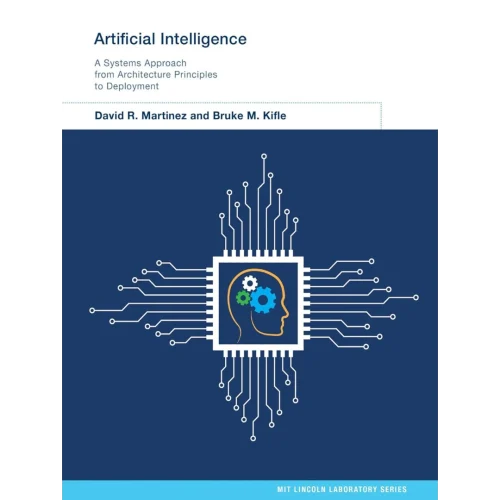
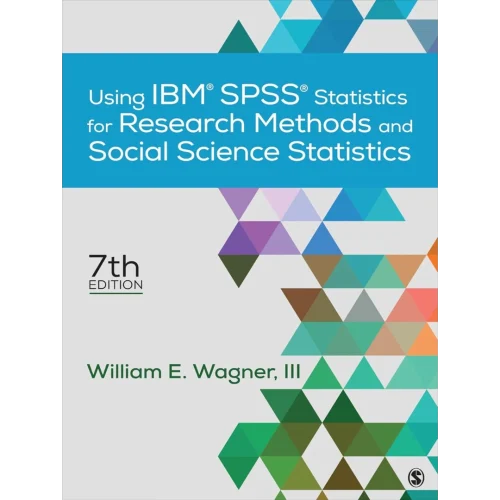
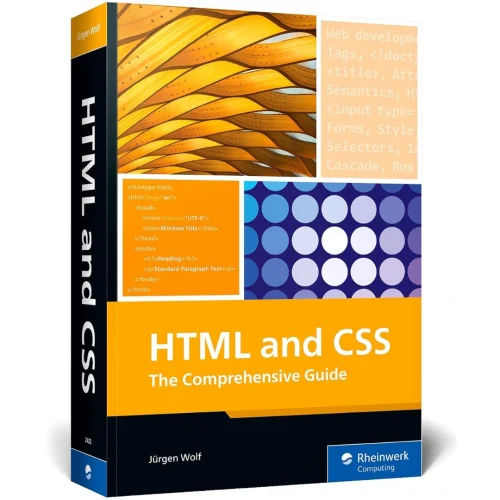
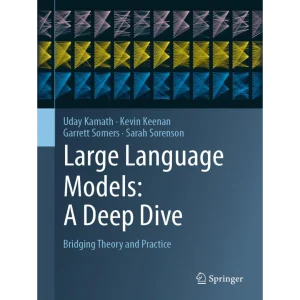
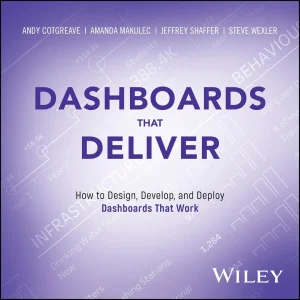
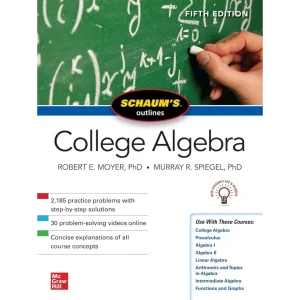

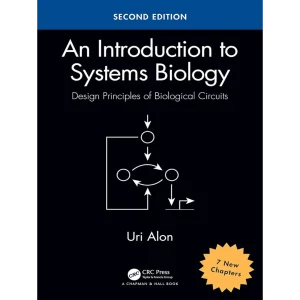



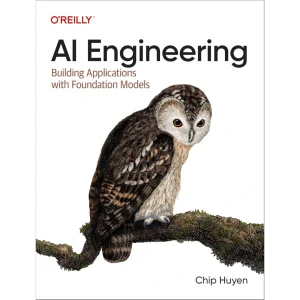

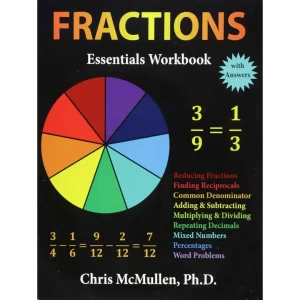
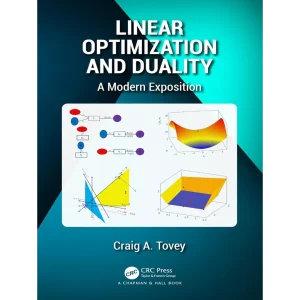
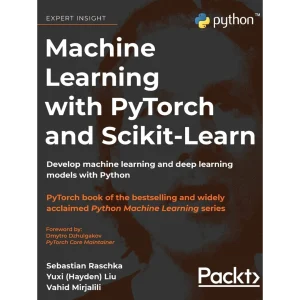

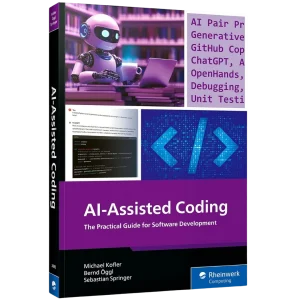
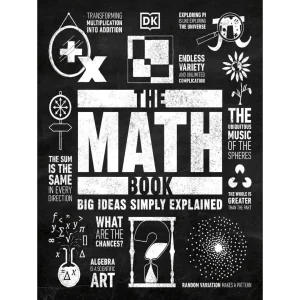


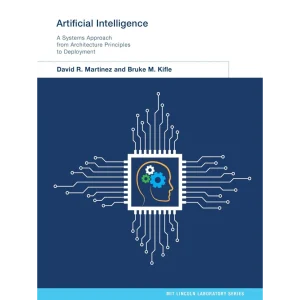
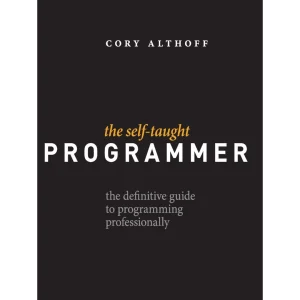
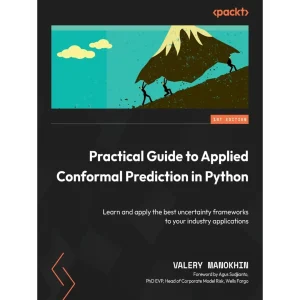


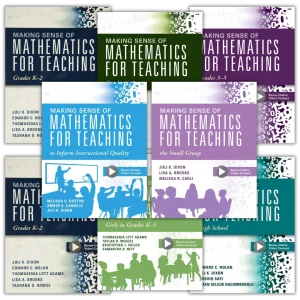


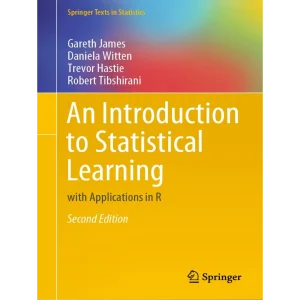
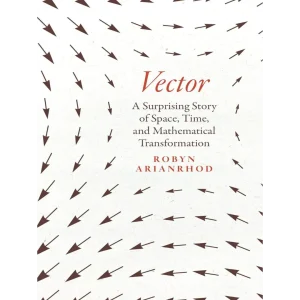
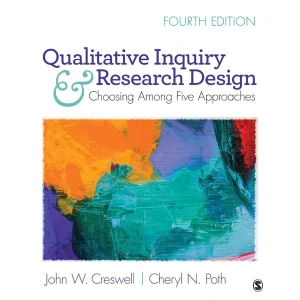
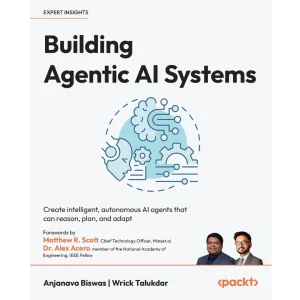
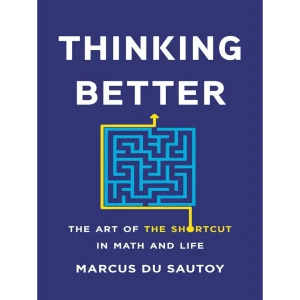


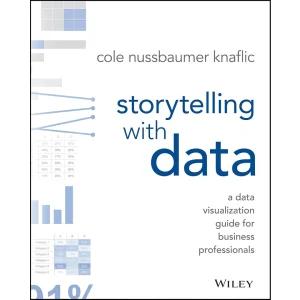
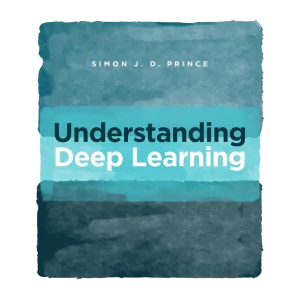



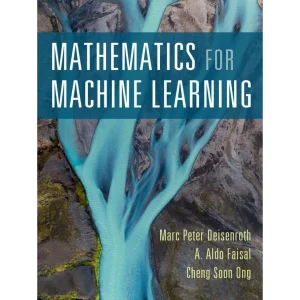
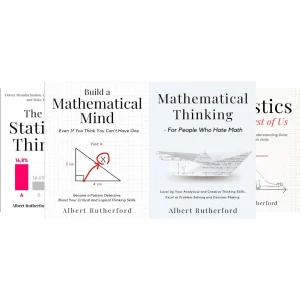

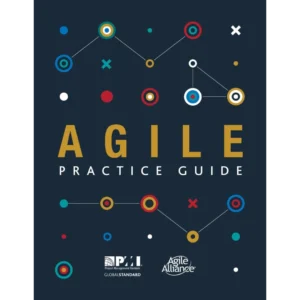


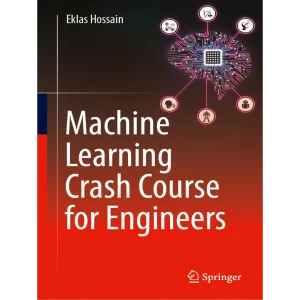
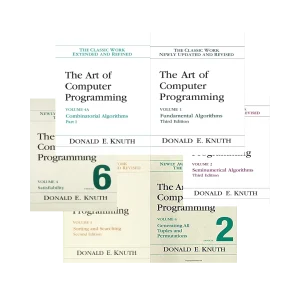
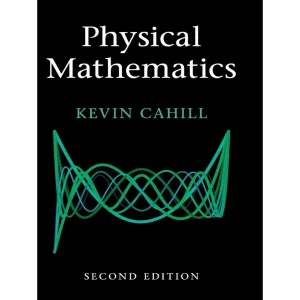

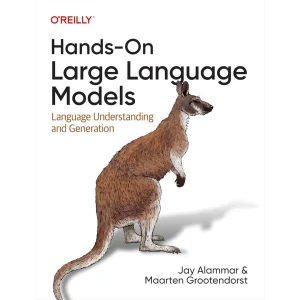
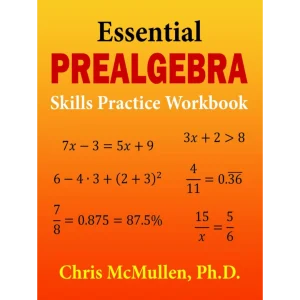
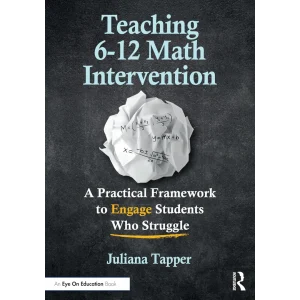
ASHWIN (verified owner) –
Just read the first three chapters on release day! Brilliantly written and thoroughly/painstakingly researched. I would ditch all those Youtube videos and embrace this book in its entirety if I want to go anywhere near AI. Kudos to the team. Take a big bow!
bookbug (verified owner) –
As someone who’s been following Uday Kamath’s work for years, I can confidently say he’s outdone himself this time. He and the co-authors have managed to distill the entire universe of LLMs into one glorious package.
This book is like having a personal AI (LLM) mentor right at your fingertips. It’s a perfect blend of theory and practice, making it an indispensable resource for everyone from students, researchers to practitioners. The way this one bridges the gap between complex theories and real-world applications is masterful.
I found the ethical considerations discussed in the book to be particularly useful for me. In an age where AI ethics are more important than ever, the authors have dedicated significant space to addressing issues like bias, fairness, and privacy. It’s not just about building powerful models; it’s about building responsible ones.
If you’re even remotely interested in AI, machine learning, or the future of technology, you need this book in your life. It’s not just a purchase; it’s an investment in your future. Whether you’re a student, a researcher, or a practicing data scientist, this book has something for you.
Sam (verified owner) –
True to its name, this book bridges the gaps between theory and practice. The authors cover an expansive range of LLM topics all the way from the origins to practical methods of operationalizing LLMs while addressing the bias and ethical considerations. This book helps distill the LLM architectures with real-life use cases and code snippets.
The thing I particularly like about the book is the methodical, deep, and practical approach the authors have taken on this subject. For data scientists and AI enthusiasts this is a go-to resource to quench their technical thirst and learn on RAG, multimodal LLMs, and responsible LLM deployment. The Google Colab library is an excellent resource for researchers working at the intersection of theory and practical applications. For everyone (who is not living under a rock) this a good (but heavy) book to understand the basic LLM concepts and use that as a mental model to understand the AI emergence.
Thank you Uday Kamath, Kevin Keenan, Garrett Somers, and Sarah Sorenson for timely authoring this invaluable book.
scholarwoman (verified owner) –
This is the definitive text for explaining and applying Large Language Models. It is very thoroughly researched and presents all information in great depth with excellent graphics and formulas. Very helpful for those just starting to study this subject.